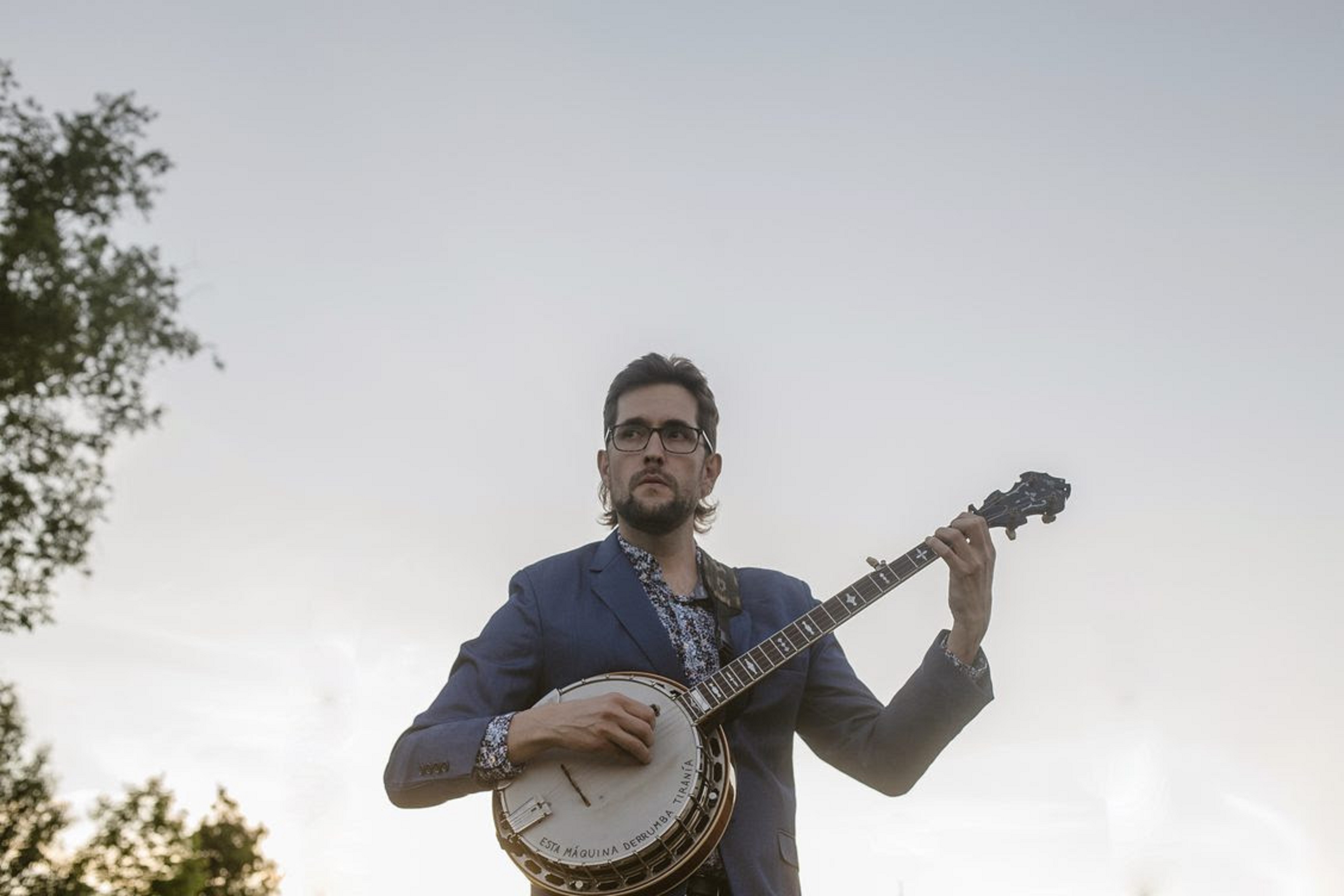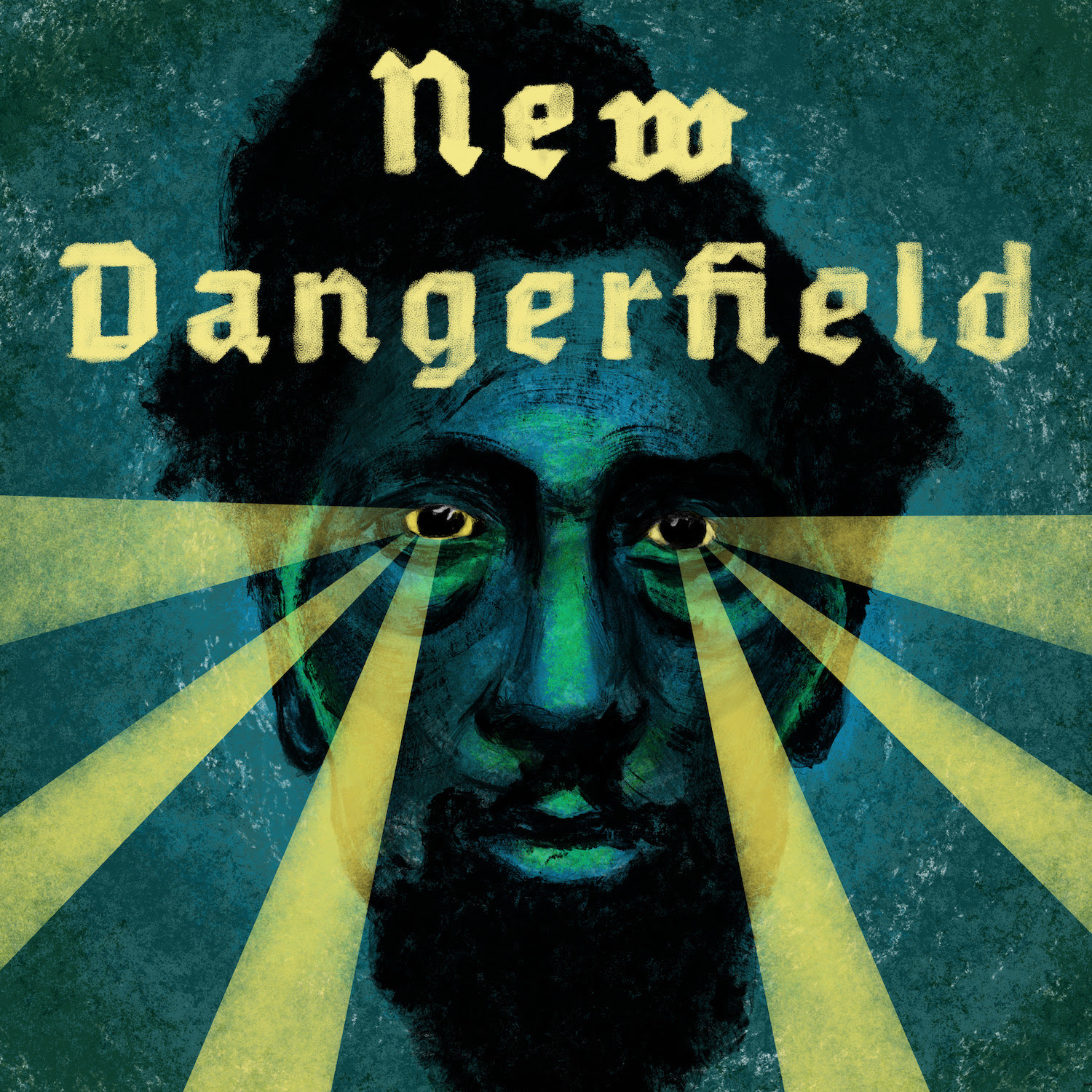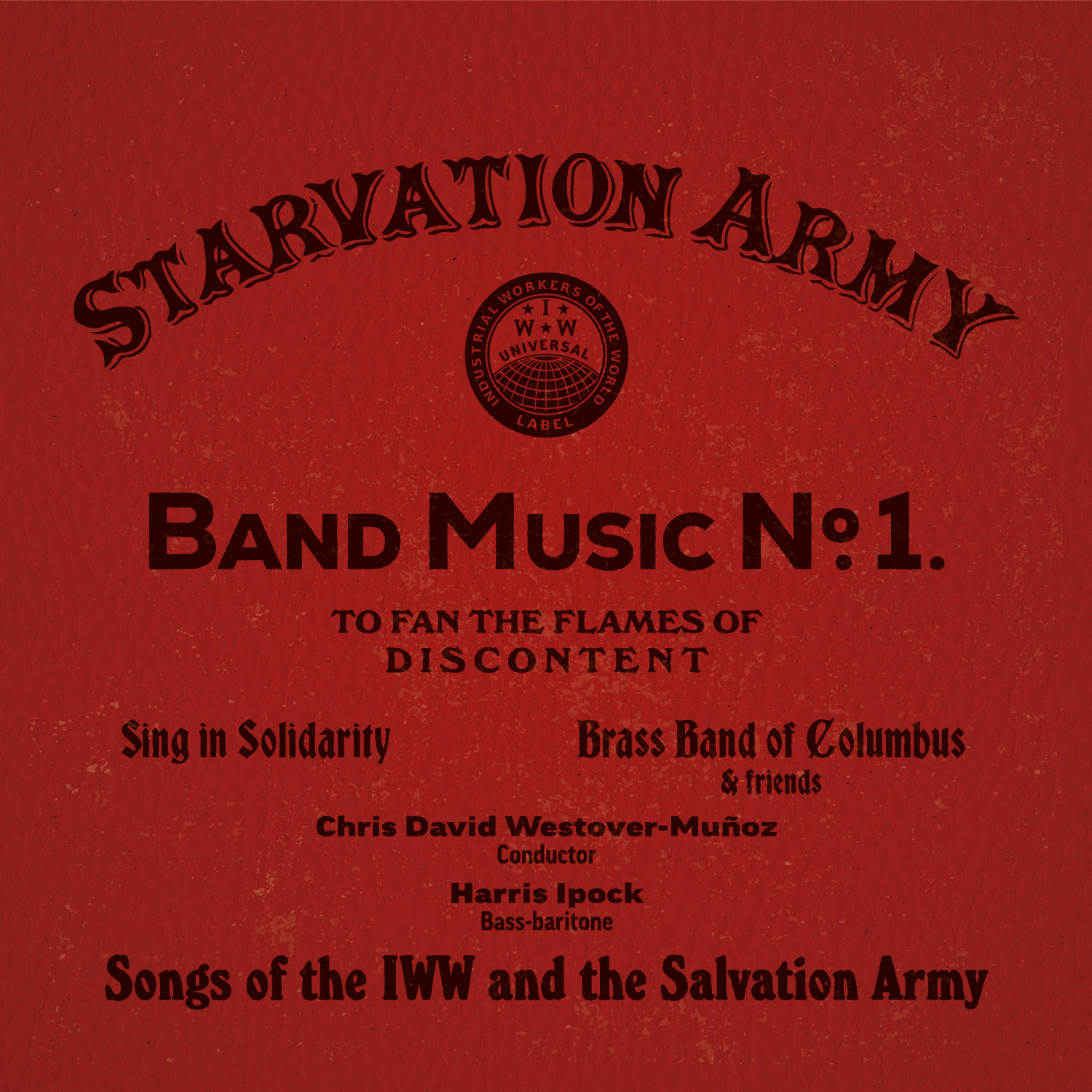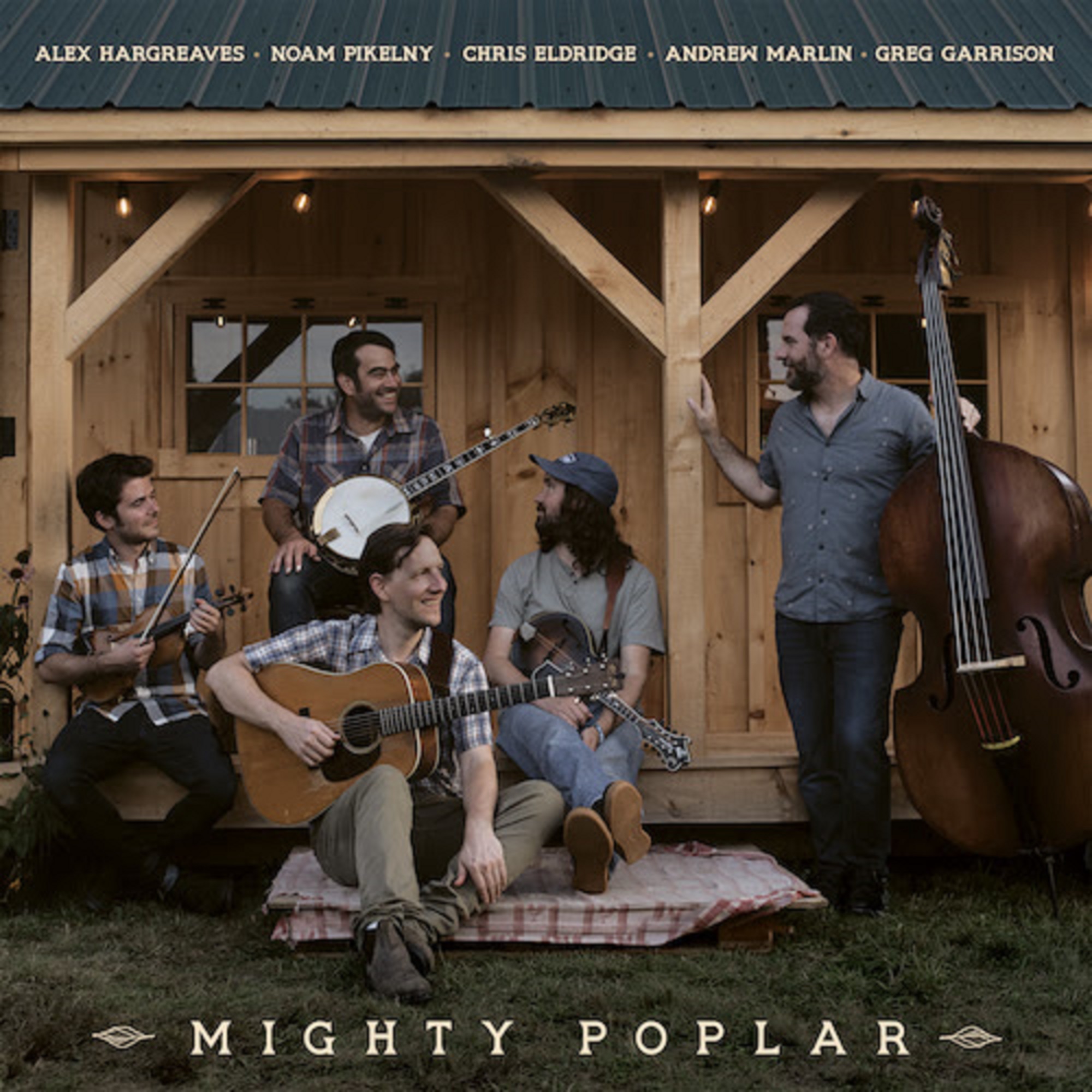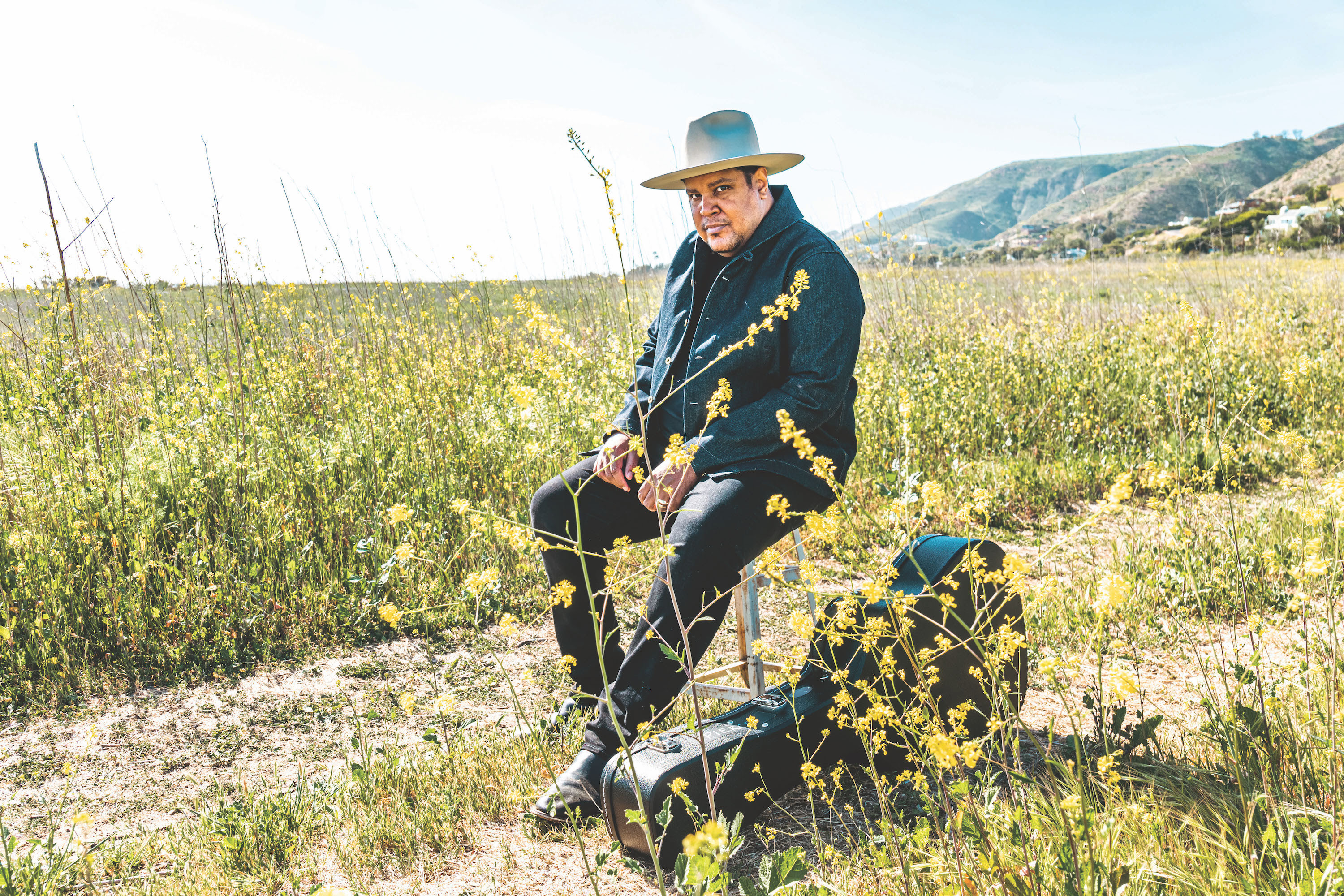New song up now for GRAMMY nominated Joe Troop of Che Apalache. “Red, White & Blues” (feat. Tim O’Brien) is Joe’s homage to the difficult legacy of America. Folk Radio UK premiered the song today for 4th of July and Joe’s got some interesting thoughts on the holiday:
“The 4th of July is really odd. People celebrate the independence of a nation while gorging on grilled sausages and decking themselves out in a bunch of patriotic trash produced in China. It’s very similar to a sporting event, but with a far greater impact on collective identity. Nonetheless, younger generations’ disinterest in celebrating is noteworthy. There’s a major zeitgeist shift in the US right now, and the declaration of Juneteenth as a federal holiday has placed the convergence of nationalism and white identity under the microscope. Not surprisingly, Dixie’s death growl grows ever more deafening.”
With a new president, vaccines rolling out, and massive cultural changes underway, most of us are looking for a moment just to breathe. But not Joe Troop. As the GRAMMY-nominated bandleader for Che Apalache, Troop didn’t stop even for a second as COVID ravaged a whole year’s worth of performance dates. Instead he took to the rural roads of North Carolina and the American South, pushing to get out the vote among rural progressives and interviewing those most affected by Trump’s horrific policies. After a year learning direct action from stalwart progressive organizers, he’s channeling that energy into his first proper solo album. Borrowed Time, out August 20 on Free Dirt Records, may feature big names like Béla Fleck (who produced Che Apalache’s GRAMMY-nominated album), Abigail Washburn, Tim O’Brien, and Charlie Hunter, but the powerful songwriting speaks for itself and is designed to push listeners out of their comfort zones. This is the kind of activism that got Pete Seeger blacklisted, and Troop’s no stranger to controversy, having been chased off stages and threatened for his radical songs. But as an openly gay man growing up playing bluegrass in the South, Troop never had a choice, he had to stand up for what he believed in, no matter the consequences. With Borrowed Time, Troop is doing much more than just bringing together a group of great musicians to embody songs of protest, he’s building on his community of activists and organizers to tell his own story and the stories of those whose voices have been pushed down.





